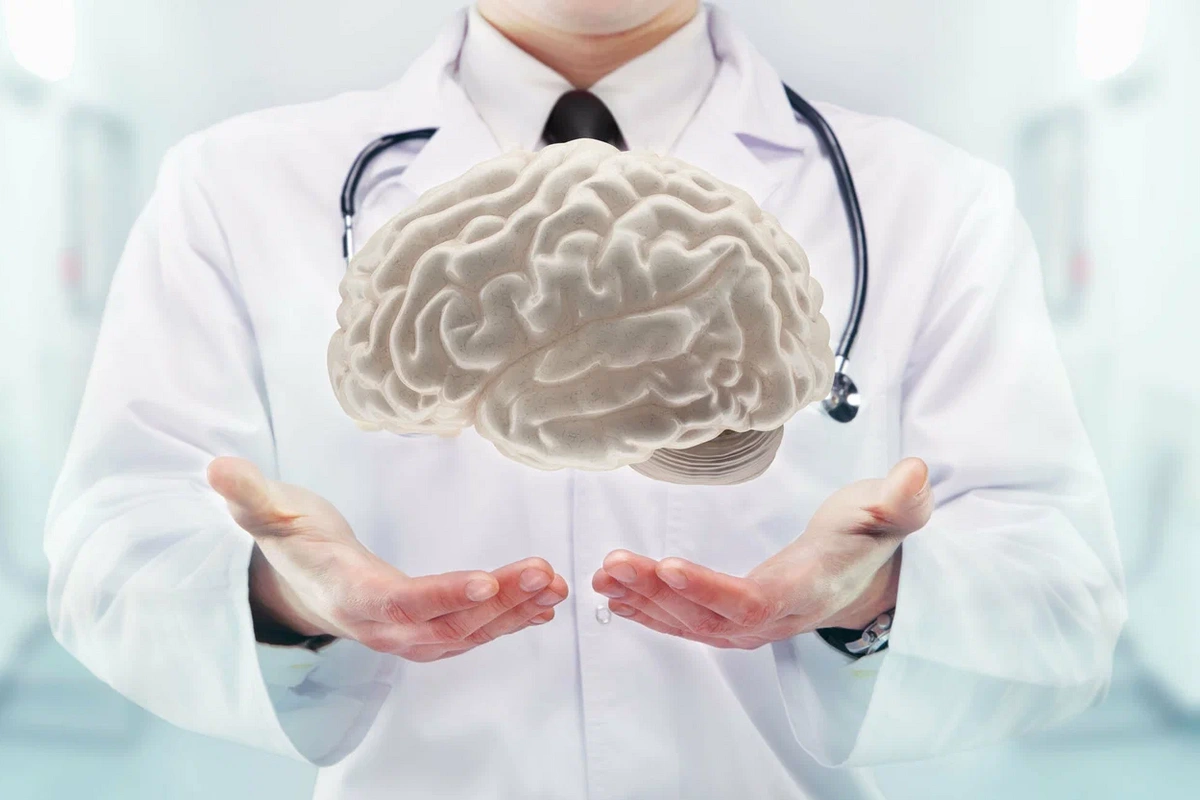It has become known which products can change the brain structure

Scientists discover how ultra-processed foods affect the brain and increase food cravings
Specialists from the Neurological Institute at McGill University have found that regular consumption of ultra-processed foods (UPF) can cause not only obesity and metabolic disorders but also change the structure of the brain. In particular, this concerns areas responsible for appetite control and food pleasure. These changes, according to scientists, are associated with increased levels of fat in the body and inflammatory processes, which means that the harm of UPF goes far beyond just extra calories.
The study was published in the journal npj Metabolic Health and Disease.
UPF are products that have undergone serious industrial processing, containing various additives, flavorings, and components that are not found in regular home-cooked food. Although their harm to one's figure has long been proven, exactly how they affect the brain has not been entirely clear until now.
During the study, scientists analyzed data from about 33 thousand people: their diet, health, and MRI results. It turned out that almost half of all calories consumed by participants came from UPF. Special attention was paid to the hypothalamus - the hunger center in the brain - and other areas related to motivation and the reward system, such as the amygdala and nucleus accumbens.
The results showed: the more UPF a person ate, the higher their levels of inflammation and fat were, especially in the abdominal area. MRI also revealed inflammatory changes in the hypothalamus and disruptions in structures responsible for pleasure from food. Moreover, some changes remained even when accounting for obesity levels and inflammation - which may indicate the negative role of food additives and combinations of fats and sugars characteristic of UPF.
"We found that UPF can disrupt the brain systems responsible for control and pleasure, thereby increasing dependence on these products," explains Philip Morris, one of the study's authors.
Ahead are new experiments aimed at finding out which specific components of UPF - high calorie content, chemical additives, or their combination - have the greatest impact on the brain. This could become the basis for creating safer alternatives and strategies to reduce the consumption of harmful food.
Similar News
Doctor explained sudden "cramping" of the stomach during stress
Stress and strong emotions can directly affect the functioning of the gastrointestinal tract - this is why many people experience stomach "twisting" before impo...




 Azərbaycanca
Azərbaycanca  По-русски
По-русски  English
English 





